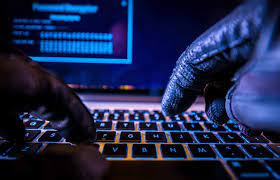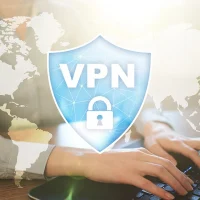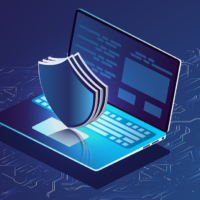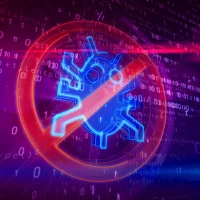How to protect from hackers

In today’s digital age, cyberattacks are becoming increasingly common, and it’s crucial to protect yourself from hackers. Whether it’s stealing personal information, financial fraud, or taking control of your devices, hackers can cause significant damage to individuals and businesses. In this article, we’ll discuss some tips and best practices for protecting yourself from hackers.
- Use Strong Passwords and Two-Factor Authentication Using strong passwords and enabling two-factor authentication (2FA) is one of the best ways to protect yourself from hackers. Strong passwords should be at least 12 characters long and include a mix of uppercase and lowercase letters, numbers, and symbols. Enabling 2FA adds an extra layer of security by requiring an additional authentication step, such as a fingerprint scan or a text message code.
- Keep Your Software Up-to-Date Keeping your software up-to-date is another essential step in protecting yourself from hackers. Hackers often exploit vulnerabilities in outdated software to gain access to your devices. Ensure you install the latest security updates for your operating system, applications, and other software regularly.
- Use Antivirus Software Antivirus software can protect your computer from viruses, malware, and other malicious programs. Ensure you use reputable antivirus software and keep it up-to-date with the latest security patches and definitions.
- Use a Firewall A firewall is a security tool that monitors and controls incoming and outgoing network traffic. A firewall can block unauthorized access to your computer or network and prevent hackers from exploiting vulnerabilities in your system. Ensure you enable your computer’s built-in firewall or install a third-party firewall to protect yourself from external attacks.
- Be Cautious When Clicking Links and Opening Email Attachments Hackers often use phishing emails and malicious links to trick users into revealing sensitive information or installing malware. Be cautious when clicking links and opening email attachments, particularly from unknown senders. Ensure you verify the sender’s email address and check the link’s URL before clicking on it.
- Avoid Public Wi-Fi Public Wi-Fi networks are often insecure and can be easily hacked. Avoid using public Wi-Fi networks for sensitive activities such as online banking or accessing personal information. Instead, use a virtual private network (VPN) to encrypt your internet traffic and protect your data from hackers.
- Secure Your Devices Ensure you secure your devices by enabling password protection, screen locks, and biometric authentication. Additionally, avoid using default passwords, and change them regularly to prevent hackers from gaining access to your devices.
- Backup Your Data Regularly Backing up your data regularly is essential in case of a cyberattack or hardware failure. Ensure you use an external hard drive or cloud-based storage solution to back up your data.
- Educate Yourself Education is key to protecting yourself from hackers. Stay informed about the latest cybersecurity threats, best practices, and trends by reading industry news, attending seminars, and participating in online courses.
- Seek Professional Help If you suspect that you’ve been hacked or are at risk of being hacked, seek professional help immediately. Consult a cybersecurity expert to help you diagnose and resolve any security issues you may have.
In conclusion, protecting yourself from hackers requires a combination of best practices, security tools, and education. By following the tips outlined in this article, you can minimize the risk of cyberattacks and ensure your online safety and security.





